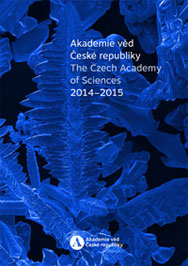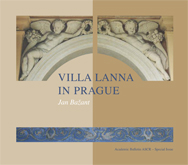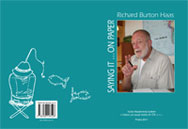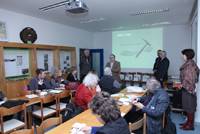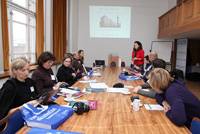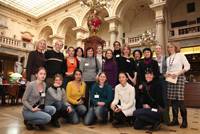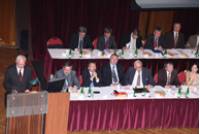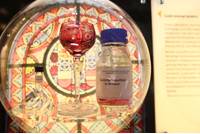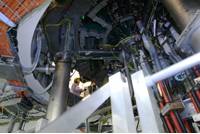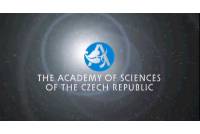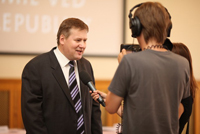 Jiří Homola is a leading researcher in the area of optical biosensors and, in particular, biosensors based on surface plasmons. His expertise is multidisciplinary spanning the theoretical and experimental investigation of photonic/plasmonic nanostructures, design and development of novel optical sensor platforms, development of methods for interfacing optical sensor platforms with biological and artificial receptors, and development of detection methodologies for specific bioanalytical applications.
Jiří Homola is a leading researcher in the area of optical biosensors and, in particular, biosensors based on surface plasmons. His expertise is multidisciplinary spanning the theoretical and experimental investigation of photonic/plasmonic nanostructures, design and development of novel optical sensor platforms, development of methods for interfacing optical sensor platforms with biological and artificial receptors, and development of detection methodologies for specific bioanalytical applications.
Specifically, Homola’s breakthroughs encompass a myriad of optical sensor platforms including high-performance laboratory systems as well as compact sensor instruments for field use. These sensors have been used to detect many chemical and biological substances including pathogens and toxins for food safety applications, biomarkers of diseases relevant to medical diagnostics, and environmental contaminants. For his work, Homola has received honors such as the Premium Academiae award, the Roche Prize for Sensor Technology, the Otto Wichterle Award, and he was named Czech Head for Inventiveness and a senior member of IEEE.
Homola contributes to the optics community, from serving on advisory committees and on editorial
boards to organizing conferences. For example, he is a member of the Expert Commission for
Technical Sciences and Engineering of the Research and Development Council of the Czech Republic,
serves on the editorial boards of the journal Sensors and Actuators B and the Journal of Sensors,
and on the international advisory board of the journal Analytical and Bioanalytical Chemistry.
Homola’s work on conference organization is extensive, having served on the program committee for
dozens of conferences such as the European Conference on Optical Chemical Sensors and Biosensors –
EUROPT(R)ODE, IEEE Sensors and for the International Conference on Optical Fiber Sensors since
2009.
His contributions to SPIE are significant. He has been the chair of the Optical Sensors
conference at the SPIE Conference on Optics and Optoelectronics since 2007, and a member of the
program committee for many additional conferences such as Optical Sensing and Detection at SPIE
Photonics Europe, Frontiers in Biological Detection: From Nanosensors to Systems at SPIE Photonics
West, and Plasmonics in Biology and Medicine, also as part of SPIE Photonics West.
Each year, SPIE promotes members as new Fellows of the Society. Fellows are members of
distinction who have made significant scientific and technical contributions in the
multidisciplinary fields of optics, photonics, and imaging. They are honored for their technical
achievement, for their service to the general optics community, and to SPIE in particular. More
than 900 SPIE members have become Fellows since the Society’s inception in 1955. “The annual
recognition of Fellows provides an opportunity for us to acknowledge Members for their outstanding
technical contributions and service to SPIE,” says Eustace L. Dereniak, SPIE President.
23 Mar 2012
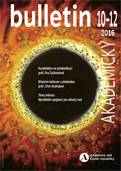

 Česky
Česky


